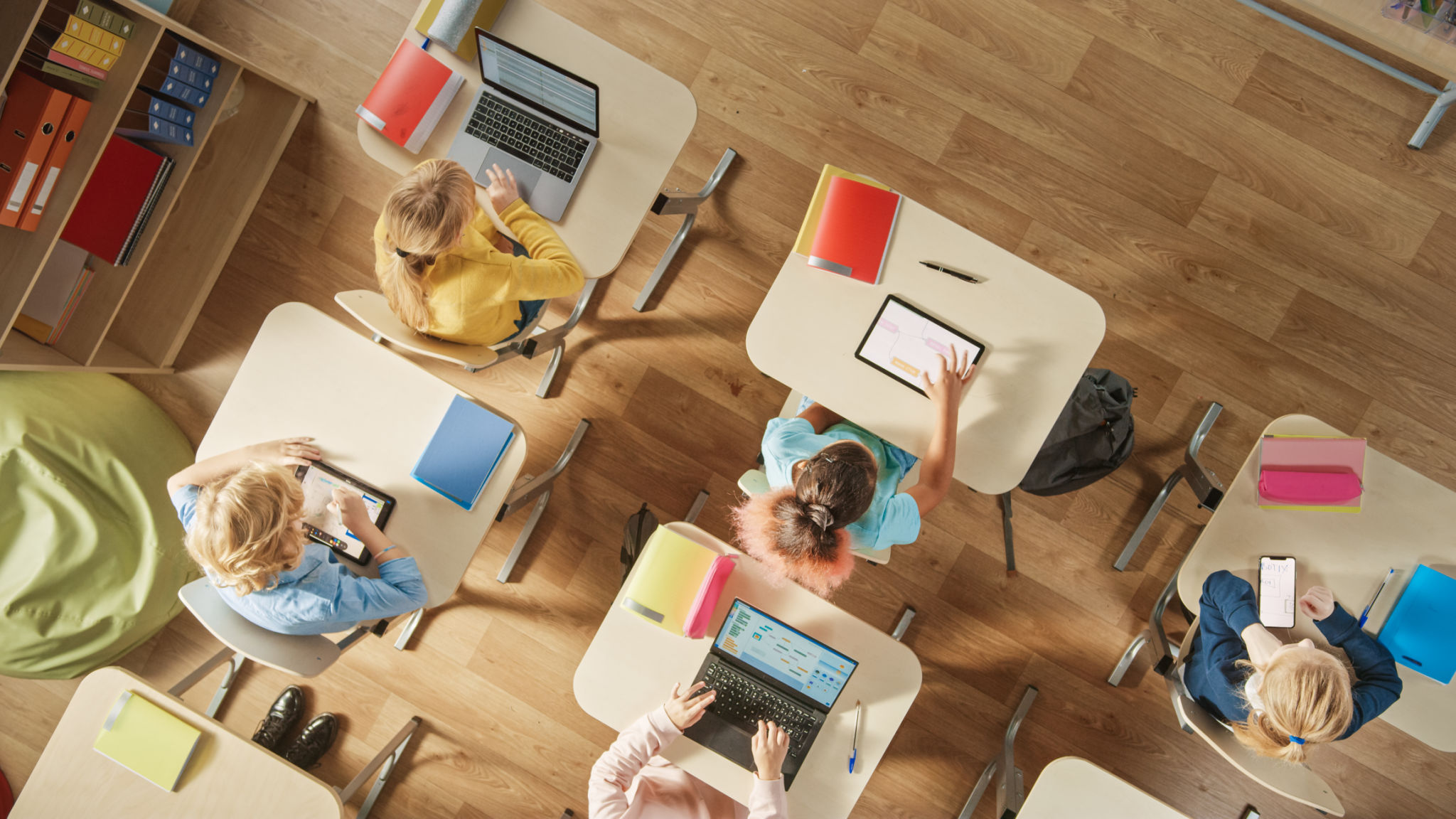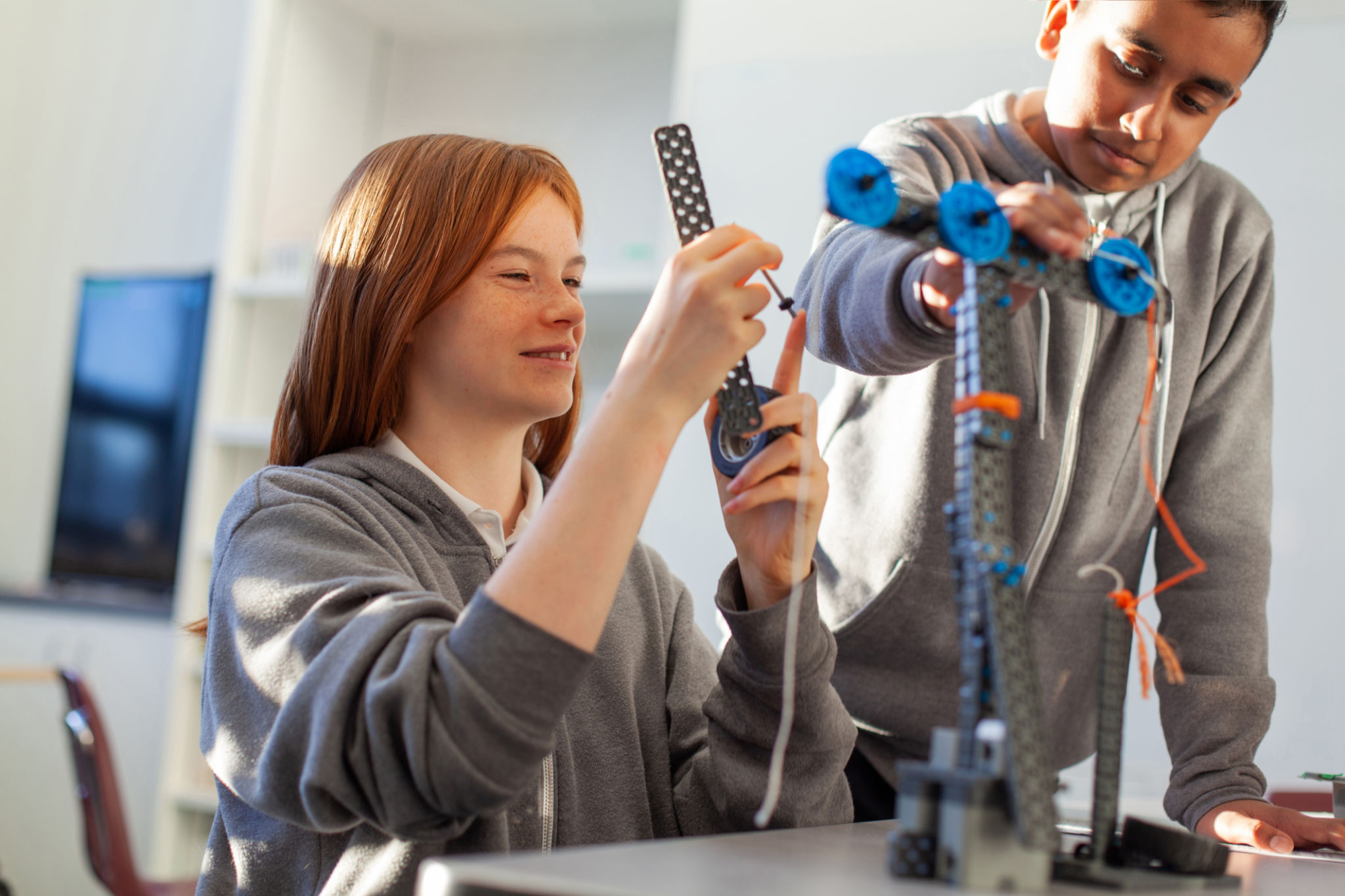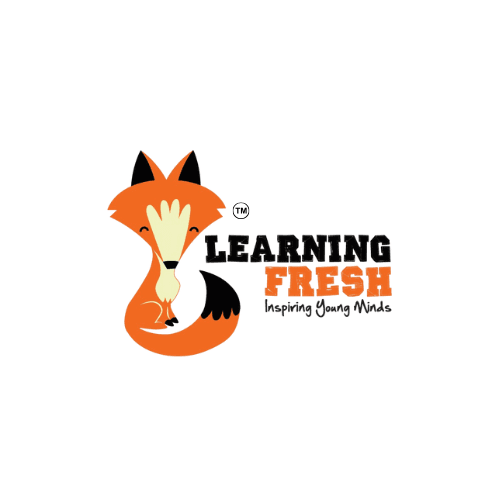Top Educational Trends Transforming Malaysian Classrooms
Introduction to Educational Trends in Malaysia
In recent years, Malaysian classrooms have undergone significant transformations. As the country progresses towards a more innovative future, the education sector is embracing new trends to enhance learning experiences. These changes are not only modernizing traditional teaching methods but are also preparing students for a globalized world.

Integration of Technology
Digital Learning Platforms
One of the most notable trends is the integration of technology through digital learning platforms. Schools are increasingly adopting tools such as Google Classroom and Microsoft Teams to facilitate remote learning. These platforms allow students to access educational resources anytime, anywhere, making learning more flexible and accessible.
Interactive Learning Tools
Interactive tools like smartboards and educational apps are also being introduced to classrooms, making lessons more engaging. These technologies provide students with hands-on experiences that help in better understanding complex concepts. Moreover, the use of virtual reality (VR) and augmented reality (AR) in subjects like science and history offers immersive learning opportunities.

Focus on STEM Education
Another significant trend is the focus on Science, Technology, Engineering, and Mathematics (STEM) education. As industries increasingly rely on technology and innovation, there is a growing demand for a workforce skilled in STEM fields. Malaysian schools are therefore emphasizing STEM subjects, encouraging students to pursue careers in these areas.
- Robotics clubs and competitions
- Coding workshops and camps
- STEM-focused curricula

Personalized Learning Experiences
Personalized learning is gaining momentum, with educators recognizing the need to cater to individual student needs. By using data-driven insights, teachers can tailor their instruction to meet each student’s learning style and pace. This approach not only improves academic outcomes but also boosts student engagement and motivation.
Adaptive Learning Technologies
Adaptive learning technologies play a crucial role in personalized education. These technologies adjust the difficulty of tasks based on student performance, ensuring a more customized learning path. By addressing individual strengths and weaknesses, adaptive tools help maximize each student’s potential.
Holistic Education Approach
Lastly, there is a growing emphasis on holistic education. Beyond academic excellence, schools are focusing on developing well-rounded individuals equipped with critical life skills. This includes fostering emotional intelligence, creativity, and social skills through various co-curricular activities and programs.

Life Skills Development
Programs such as leadership workshops, community service projects, and arts education are designed to cultivate essential life skills. By nurturing these areas, Malaysian schools aim to prepare students not just for exams but for real-world challenges.
Conclusion
The educational landscape in Malaysia is rapidly evolving, driven by these transformative trends. As classrooms continue to embrace technology, emphasize STEM education, offer personalized learning experiences, and focus on holistic development, the future of Malaysian education looks promising. These innovations are paving the way for a generation of learners ready to thrive in a dynamic world.
